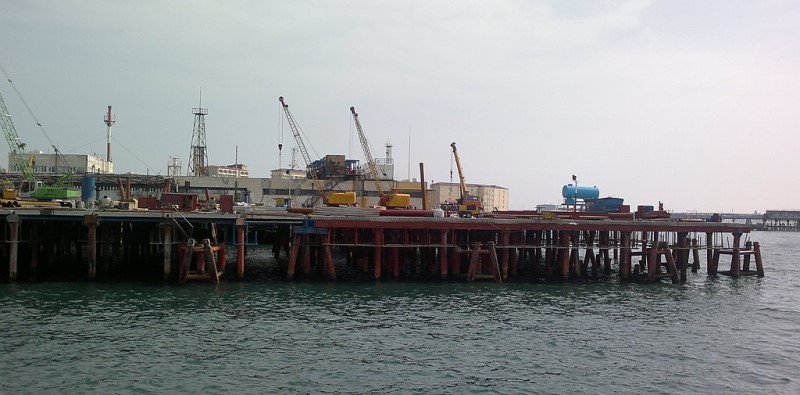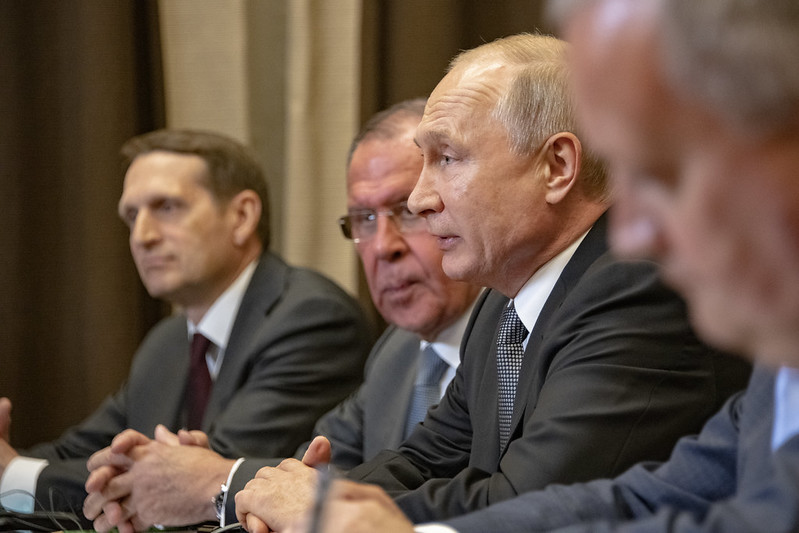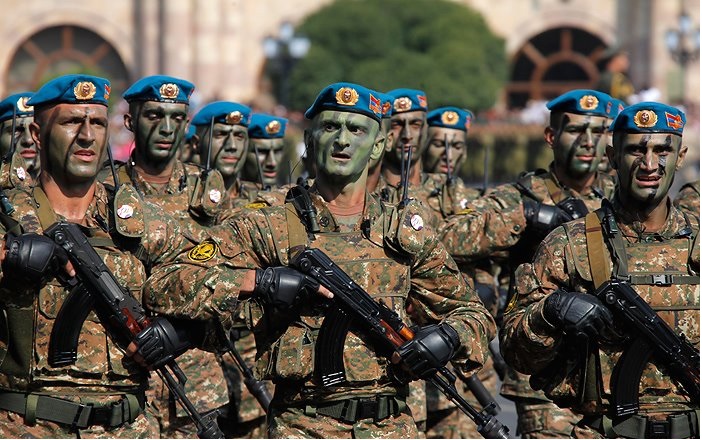The Second Karabakh War and Caspian Energy
By Fuad Shahbazov
April 19, 2021, the CACI Analyst
On November 10, the second war in Nagorno-Karabakh ended with a Russia-brokered ceasefire agreement signed between Azerbaijan and Armenia. While the 44-day war caused severe damages to frontline settlements and civilian casualties on both sides, frequent missile attacks carried out by Armenia towards Azerbaijani cities and infrastructure beyond the frontline raised concerns not only in Baku but also in the EU regarding the security of vitally important energy infrastructure. The possibility of damages to energy infrastructure, particularly the Baku-Tbilisi-Ceyhan oil pipeline and the Trans-Anatolian Pipeline, would explicitly put the role of these pipelines in European energy security under question.

The Karabakh Ceasefire and Regional Economic Projects
By Orhan Gafarli
January 28, 2021, the CACI Analyst
The Second Karabakh War lasted for 44 days, ending on November 10, 2020 with the 9-point ceasefire agreement agreed by Azerbaijan and Armenia under Russian mediation. According to the ceasefire, the Armenian side will withdraw from the seven regions surrounding Nagorno-Karabakh; a Russian Peace Force will control the Lachin corridor connecting Karabakh with Armenia and Russia’s Border Service (FSB) will supervise the highway between Azerbaijan and Nakhichevan. Turkey is also a party to ensuring compliance with the ceasefire, setting up observation points and cooperating with Russia regarding negotiations between the parties. The end of the war might eventually bring the parties to a peace agreement and allow for regular overland transport between Azerbaijan, Armenia and Turkey. This perspective could help revive the Silk Road between East and West in the South Caucasus.

War in Nagorno-Karabakh Requires a Russian Balancing Act
By Nurlan Aliyev
November 10, 2020, the CACI Analyst
From early November, Russia’s President Vladimir Putin conducted telephone conversations with the leaders of Armenia and Azerbaijan, thoroughly discussing the settlement of the Nagorno-Karabakh conflict and reaching a truce on November 9. Both countries have criticized Moscow’s position on the current war. Russia has been a security guarantor for Armenia since the 1990s and has more recently become a strategic partner of Azerbaijan. Moscow’s position has raised the question of whether Russia struggles to balance its relations with a strategic ally and a strategic partner, or if the Kremlin’s reluctance to become involved signals a change in policy regarding the former Soviet republics.

Fighting in Nagorno-Karabakh Rages Despite Ceasefires
By Emil A. Souleimanov and Huseyn Aliyev
October 22, 2020, the CACI Analyst
The ongoing conflict in Nagorno-Karabakh saw a number of dramatic developments over the past couple of weeks. Most notably, Azerbaijani forces proved able to breach through Armenian defenses in the south, resulting in Azerbaijan’s rapid advance into both the Nagorno-Karabakh region and adjacent Armenian-controlled territories in the “buffer zone.” This battlefield transformation will likely affect the balance of power on the ground and influence Baku’s willingness and Yerevan’s capacity to negotiate a peaceful settlement. Recent developments on the frontlines will also affect Russia’s and Turkey’s positions and roles in the conflict and the South Caucasus.

Cross-Border Escalation between Armenia and Azerbaijan
By Natalia Konarzewska
September 25, 2020, the CACI Analyst
On July 12, clashes broke out between the armed forces of Armenia and Azerbaijan along the northern section of their internationally recognized border. The skirmishes receded after July 16 but armed incidents at the border still occurred throughout July and August. The July confrontation, resulting in over a dozen military and civilian deaths and the destruction of infrastructure on both sides of the border, is regarded as the most serious since the Four Day War between Armenia and Azerbaijan in April 2016. The conflict also sparked unprecedented interethnic clashes between Armenian and Azerbaijani diasporas across the world.



